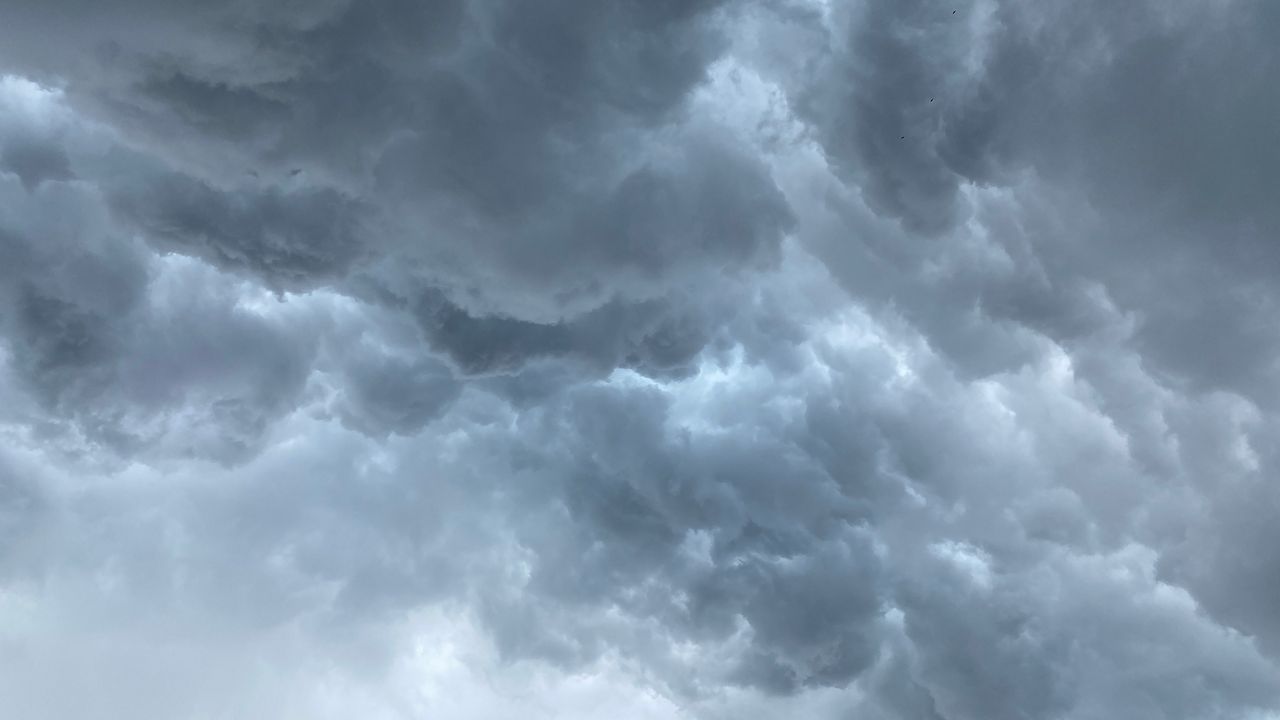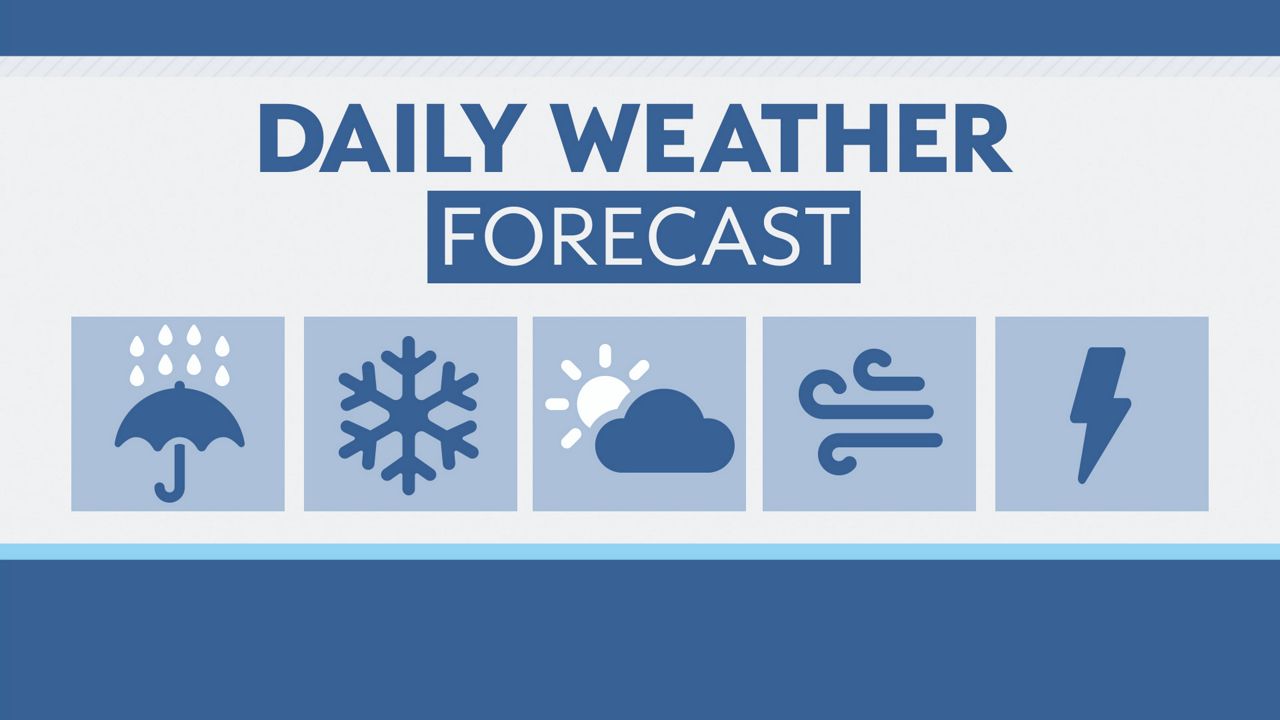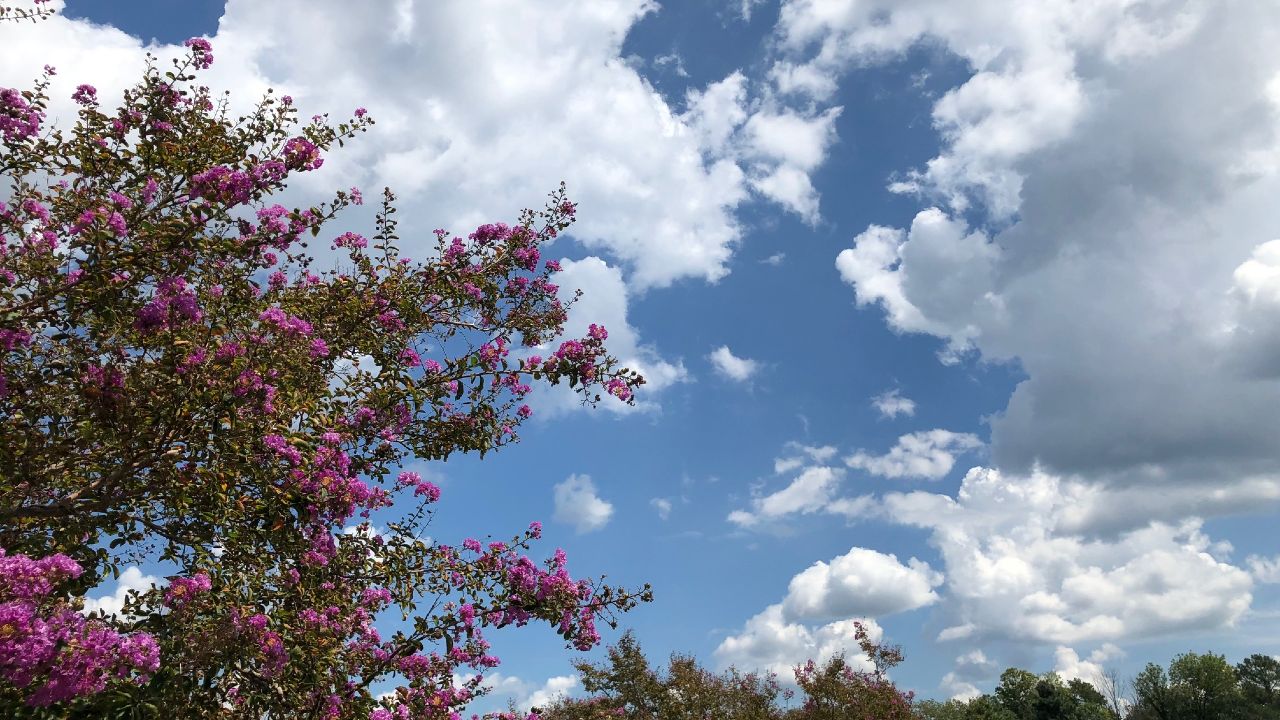RALEIGH, N.C. — It's the time of year where we are waking up to everything covered in yellow — pollen season.
- Horticulturist Tony Avent says their are three types of pollen: insect pollen, water based pollen and wind blown pollen
- April is peak season for tree pollen, and the main culprit here is the oak tree
- Pollen plays a key role in plant production
It doesn't just leave our cars in need of a wash, but it's the agitator that has you reaching for your allergy medication.
Tree pollen season peaks in April, and although we think of it as a nuisance, it's a vital time for our ecosystem.
Tony Avent is a horticulturist and the founder of Plants Delight Nursery and Juniper Level Botanic Garden in Raleigh.
Avent explains the three types of pollen include insect pollen, water based pollen and wind blown pollen — the kind that makes you sneeze.
"Insect based pollen isn't going to cause you any allergies, any hay fever, any problems. It's the wind blown pollen," Avent said.
So what is pollen?
It's a key ingredient in the process of plant reproduction. Pollination is the process of the male part of a plant moving to the female part of the plant or flower.
"The main culprit in this area is oaks, and Raleigh is the City of Oaks," Avent said.
Research shows tree pollen season is starting earlier and while plants thrive off of carbon dioxide, it's also the main cause of climate change.
"If that plant grows faster, is it going to in subsequent years produce more pollen as it grows? Absolutely, but it also absorbs more CO2 as it grows. The key for me is plant more plants, because then we take the CO2 out of the atmosphere," Avent explained.
Part of Avent's job is figuring out how to get plants to adapt along with the climate.
"If climate changes, the plants that are poorly adapted, the plants can't get into their SUV and drive to a new location," Avent said.
Avent studies the rarest plants from across the world, with more than 26,000 plants on the grounds of his botanic garden.
"We feel like there is a much higher calling to grow plants that are going to be beneficial to human kind," Avent said.
So, regardless of the suffering pollen causes in humans, it's something we can't live without.
"This whole pollination thing, nature has an incredible system and it doesn't involve making people sneeze," Avent said.
Grass pollen season begins in late spring followed by ragweed season in late summer.









